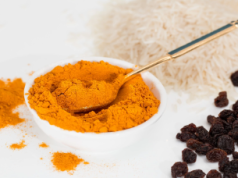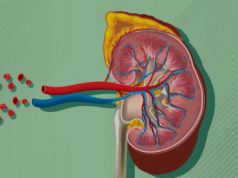The title “Maharaj” is a customary way for cooks in India, especially those who work in the kitchens of temples, royal homes, or affluent families, to be addressed with respect and dignity. Since “Maharaj” means “great king” or “great ruler,” it is appropriate to refer to chefs by this title, which emphasizes the high value placed on their abilities and contributions.

Here are some key reasons why Indian cooks are called “Maharaj”:
- Respect for Skills and Knowledge: Cooking, especially in traditional and ceremonial contexts, is considered a highly skilled and respected profession. Cooks often have extensive knowledge of recipes, ingredients, and techniques, which earns them a high status.
- Cultural and Religious Significance: In many Hindu temples, the cooks (often referred to as “Maharaj” or “Panditji”) are responsible for preparing food offerings (prasadam) for the deities and the devotees. This food must be prepared with great care, purity, and adherence to religious guidelines, adding to the cook’s revered status.
- Historical Tradition: In the past, royal cooks who served in the palaces of kings and nobles were given the title “Maharaj” as a mark of distinction. This tradition has carried over to modern times, reflecting the historical importance of their role.
- Cultural Practices: Indian society places a significant emphasis on hospitality and food. The person who prepares the food, especially in a community or ceremonial setting, is given high respect, symbolized by the title “Maharaj.”









